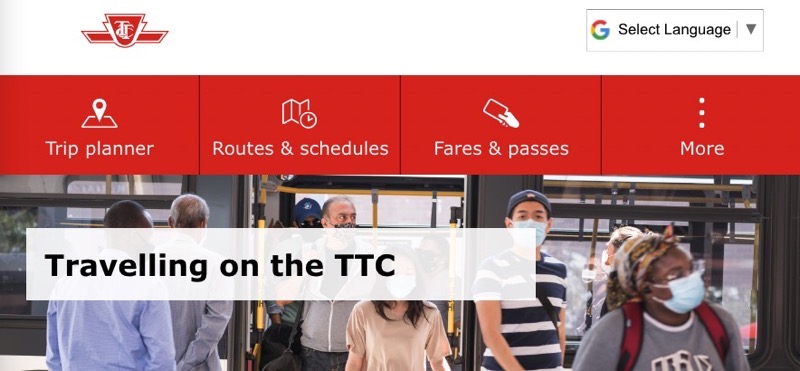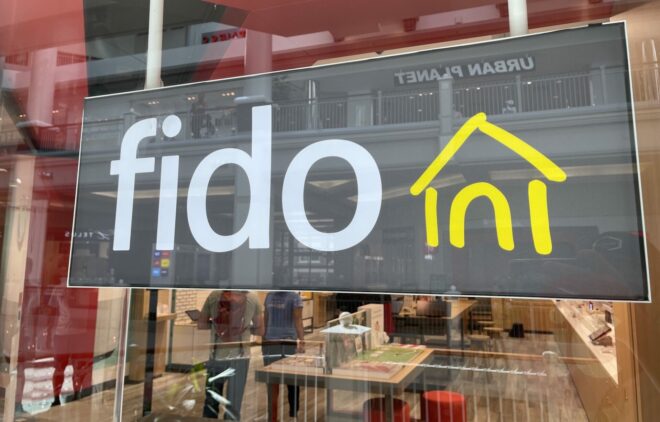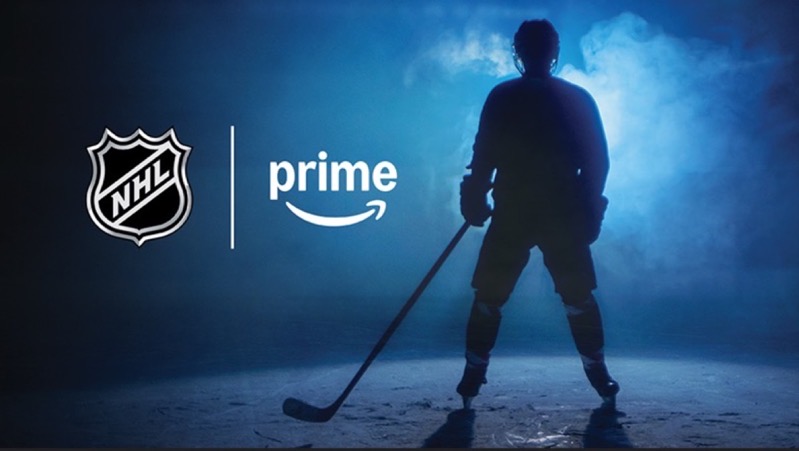
Rogers Urged Feds to Keep TTC Subway Access Before Minister’s Ruling
Newly released documents reveal that Rogers had urged the Canadian government not to restrict its customers’ access to its cellular network on Toronto’s subway system.
The documents were part of Industry Minister François-Philippe Champagne’s consultation process aimed at ensuring wireless access for all Toronto Transit Commission (TTC) subway riders, reports BNN Bloomberg.
In an August 28 filing to Innovation, Science and Economic Development (ISED) Canada, Rogers stated, “taking service away from any customer is clearly not in the public interest, nor is constraining the public safety benefits for all wireless consumers and transit riders.”
The telecom company’s comments were made public last Friday, four days after Champagne announced new license conditions requiring Rogers to provide immediate subway access to Bell and Telus.
Champagne set an October 3 deadline for all TTC subway passengers to have cellular connectivity, irrespective of their carrier.
Bell and Telus, in their initial filings, had advocated for preventing Rogers from giving its customers first access to the upgraded 5G network in subway stations and tunnels. Rogers opposed this, stating it preferred that Ottawa leave the timing of access to commercial negotiations.
However, Rogers preemptively launched its high-speed 5G service in core parts of the downtown subway network on August 23, five days before the federal review’s reply comment deadline. In its final submission, Rogers labelled Bell and Telus’ arguments as “self-serving” and “harmful to the public interest.”
Telus criticized Rogers for launching services while regulatory proceedings were still underway, accusing the company of “a complete disregard for these processes.” Rogers gained a head start in the TTC subway system, benefiting from “subversion and delay tactics,” according to Telus.
Champagne’s September 11 ruling allowed Rogers to continue providing cellular service in subway platforms and tunnels. All three telecom companies welcomed the decision, setting a December 20 deadline for long-term service negotiations on the subway.
The ongoing deadlock between Rogers, Bell, and Telus centers on the technical and financial terms for providing universal subway coverage. While Bell and Telus advocate for a consortium model, Rogers has not publicly committed to any approach.
The minister’s ruling requires full system coverage by the end of 2026, with service in place for 80% of tunnels within two years and all stations within six months of commercial agreements being reached.


